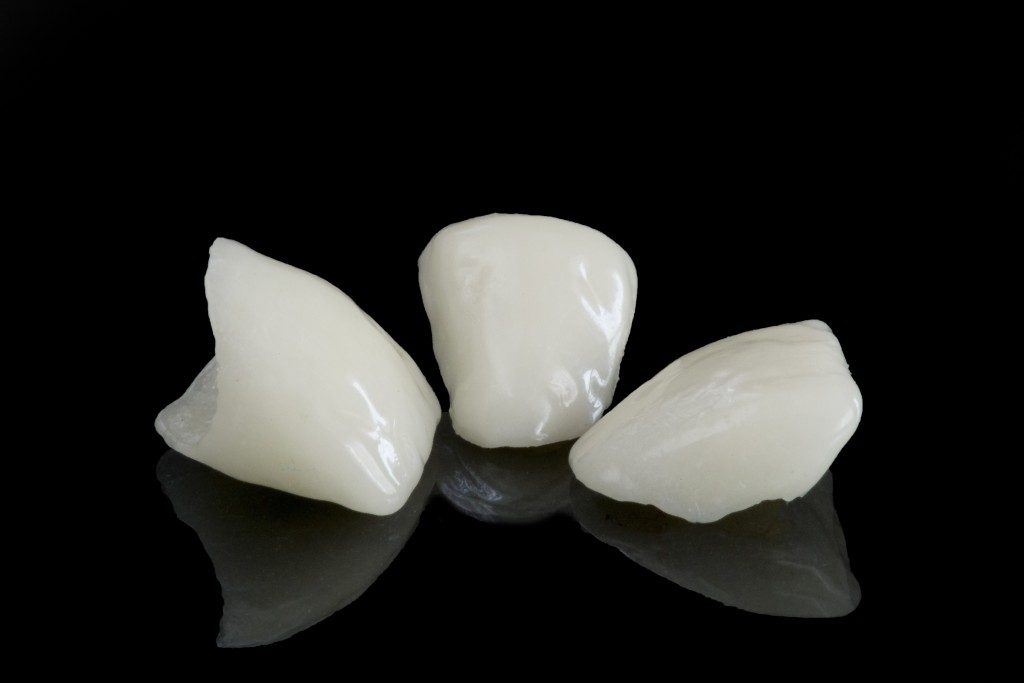There are many reasons for one to have their wisdom tooth removed: as a preventive measure o prevent damage to other teeth, jaw damage, inflamed gums, alignment issues, and cavities to name a few. If you’re reading this, you’re either about to undergo wisdom teeth removal or looking up ways to help alleviate the pain after undergoing one.
What To Expect
It’s important to know what to expect after the operation so that you can plan. You’ve seen the comedic aftermath of wisdom teeth removal in movies, TV shows, and maybe in real life, with the person having swollen cheeks, could barely talk, and are in extreme pain (or at least under pain medication that leaves them woozy). And that is exactly what you should expect.
Immediately After. Depending on the surgery, you may have had local anesthesia or general anesthesia. If local anesthetic was used, you’d be more or less be fit to drive or take a ride home and start the recovery, and may even be well enough to get back to work or school or your daily tasks. However, if you’ve undergone general anesthesia, you’d definitely be sleepy/groggy and it’s best to have someone drive you home.
This First 24. Within the 24 hours of your surgery, you may experience bleeding and the blood clots will start to form.
Within 3 Days. Expect swelling of the mouth and cheeks, in most cases, they come and go, but everyone reacts differently.
After 7 Days. If stitches were used, your dentist could remove them at his point.
In 7 to 10 Days. Around this time, you can expect soreness and stiffness on the jaw and the area operated to subside.
2 Weeks After. By now, the area should be healed, and any bruising should have recovered.
What To Do

Listen to Your Dental Professional. It’s important that you listen to your local oral surgeon in Utah before and after having your wisdom teeth removed. Generally, you’d be instructed on what to expect and what to do after wisdom tooth removal to prepare yourself for the discomfort that would follow and be aware of what to do. If you’re expected to be groggy or out of focus after the operation, ask your companion beforehand to ask the dental professional for instructions, or request to have the instructions printed out or sent to you via email.
Rest. As with almost any operation, it’s important that you allow yourself some time to rest, especially if you’ve undergone general anesthesia. Make sure that your head is elevated when you lie down and maybe take a break from your usual exercise or gym appointment for a day or two while you recover.
Watch Your Diet. In the first 24 hours, it’s recommended that you have a liquid diet in order to prevent discomfort and prevent your jaw from straining itself by chewing. You should also avoid using a straw (and also smoking) as the suction would loosen blood clots and result in exposed bone and nerves as well as bleeding. For the next few days, you should be stocked up with soft food or at least food that doesn’t require that much chewing such as mashed potatoes. And always remember to drink water regularly to keep yourself hydrated.
Continue Good Oral Hygiene. A painful and swollen cheek and mouth is no reason to stop taking care of your oral health. So keep the usual brushing and flossing, you just have to be extra careful and avoid the surgical area as much as possible to prevent both pain and causing damage.
Ice Packs and Medication. Apply ice packs regularly on the outside of your mouth to help with the swelling and also to minimize the pain and bruising. If antibiotics were prescribed, take them diligently and on-schedule to help with the recovery. On take pain medication when necessary, try using an ice pack first.
Conclusion
The aftermath of wisdom teeth removal can indeed be quite uncomfortable, but it’s important that you’re aware of what to expect and what to do in order to recover properly and safely. Lastly, you should never hesitate contacting your oral sugeon in Utah if you have any questions or concerns with regards to the aftermath of your wisdom tooth/teeth removal.
